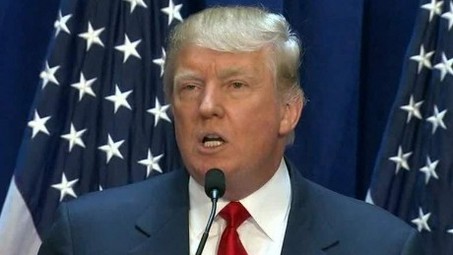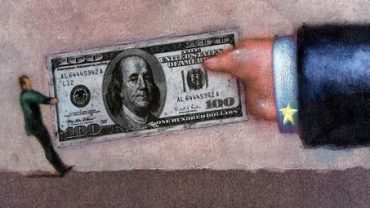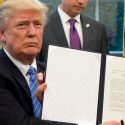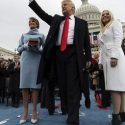Trump sets long-awaited news conference for January 11
President-elect Donald Trump announced Tuesday that he would hold a “general news conference” on Jan. 11, his first formal press conference since his November election victory.
Trump had been scheduled to hold a press conference on Dec. 15 to discuss his plan to leave his sprawling business empire as he takes office Jan. 20, but that event was postponed.
Since taking office, Trump has sat for a few television interviews and has taken a handful of shouted questions from the press pool — a small group of reporters who follow the president — both at Trump Tower in New York and outside his coastal Florida estate.
Trump’s last full-fledged news conference was July 27, which he held at his Miami-area golf course as counterprogramming to the ongoing Democratic National Convention. It was there that Trump called upon Russia to hack his opponent Hillary Clinton’s emails saying, “I will tell you this, Russia: If you’re listening, I hope you’re able to find the 30,000 emails that are missing.”
His staff later insisted that Trump was joking.
In lieu of press conferences, the president-elect has communicated to the American public through tweets, as well as a series of December “Thank You” rallies in states that helped provide his winning margin in the Electoral College.
Trump’s team has downplayed the need for news conferences. White House counselor Kellyanne Conway, said last month that the press would have access to the president.

“This will be a traditional White House in the sense that you will have a great deal of press availability on a daily basis and you’ll have a president who continues to be engaged with the press,” she said in an interview with ABC.
While Trump’s lack of press interaction is a worry to some, many of his supporters cheered the celebrity businessman’s battles with what they felt were biased reporters. Trump made his antagonistic relationship with the media a centerpiece of his campaign, inciting his rally crowds to boo the press, singling out individual reporters with derogatory names like “sleazebag” and using Twitter to attack coverage he didn’t like.
His predecessors took a different approach.
Two days after the Supreme Court decision gave him the 2000 election, George W. Bush held a press conference where reporters asked him about his Cabinet picks and tax plans. He proceeded to field more questions each of the next two days. Barack Obama, also regularly held news conferences after winning, taking questions from the White House press corps 18 different times as president-elect. Bush, who had a shorter transition due to the extended Florida recount, did so 11 times.






